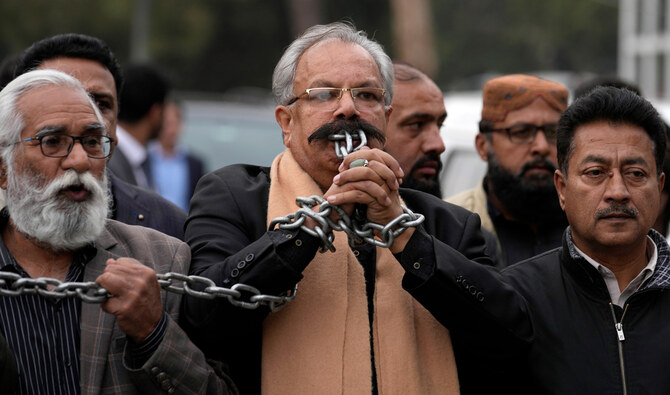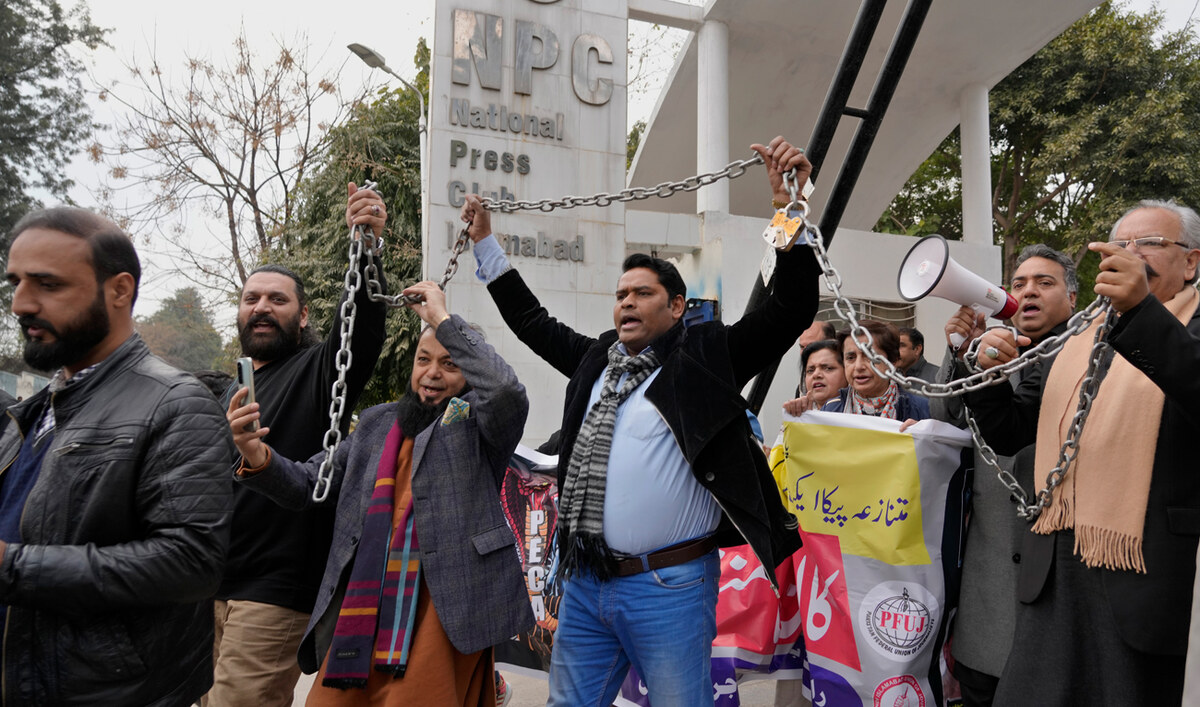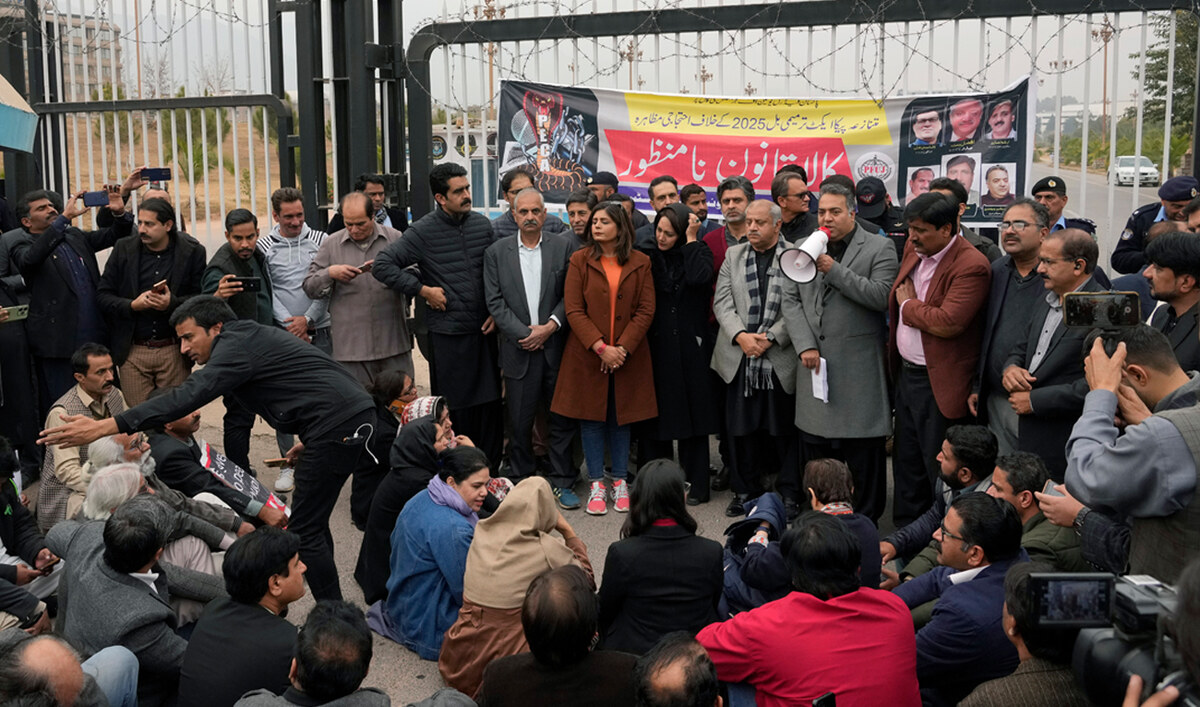KARACHI: US Ambassador Donald Blome called on Deputy Prime Minister Ishaq Dar on Tuesday to discuss the Afghan refugee crisis as well as economic and counterterrorism challenges facing the South Asian nation, the US embassy said in a statement.
Pakistan has repatriated nearly 700,000 Afghan nationals since November last year when it launched a deportation drive against illegal foreigners following a spike in suicide bombings that Islamabad, without providing evidence, blamed on Afghans. A cash-strapped Pakistan had also said last year undocumented migrants had drained its resources for decades.
International rights organizations including the United Nations have also called on Pakistan to review the repatriation policy, warning that Afghan nationals deported may suffer from poverty and could face retaliation at the hands of the Afghan Taliban in their homeland.
“US Ambassador Donald Blome met today with Deputy Prime Minister and Foreign Minister Dar,” the US Mission Spokesperson Jonathon Lalley said in a statement on Tuesday.
“The ambassador and deputy prime minister discussed a broad range of bilateral and regional issues, including the protection of Afghan refugees and asylum seekers, economic cooperation, security and counterterrorism and regional cooperation.”
Pakistan is going through a prolonged economic crisis, which pushed the country to the brink of a sovereign default last summer before a last-minute $3 billion IMF bailout program. Pakistan has since reached a new staff-level agreement for a 37-month $7 billion IMF loan which now awaits approval from the lender’s executive board.
Pakistan’s poor and the middle classes are still feeling the effects of the $3 billion bailout, which included 12 months of power tariff hikes. Higher tariffs have led to a decline in household power consumption, with annual power use expected to fall for the first time in 16 years.
The conditions of the new program have become tougher such as higher taxes on farm incomes and electricity prices.
Also adding to Pakistan’s woes are rising militant attacks, including a series of assaults in the country’s southwestern Balochistan province last month in which over 50 people were killed, including security personnel. The US Embassy had condemned the attacks and offered Pakistan support in the fight against “terrorism.”
Until the government initiated the expulsion drive last year, Pakistan was home to over four million Afghan migrants and refugees, of which around 1.7 million were undocumented, as per government figures.
Afghans make up the largest portion of migrants, many of whom came after the Taliban took over Kabul in 2021, but a large number have been present since the 1979 Soviet invasion of Afghanistan. Islamabad insists the deportation drive is not aimed specifically at Afghans but at all those living illegally in Pakistan.
Pakistan’s move to deport Afghan nationals has irked the Taliban-led government in Kabul, which has called upon Islamabad to treat its nationals with dignity and says Pakistan’s security issues are a domestic concern.




















